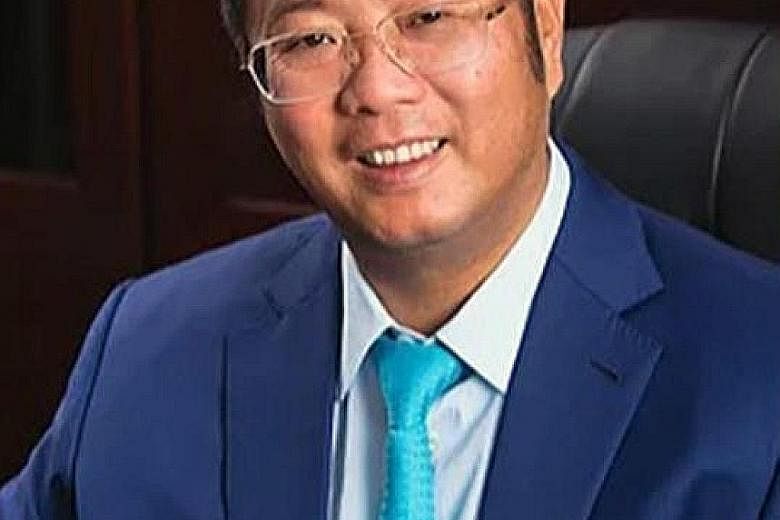SYDNEY • Australia's decision to ban a well-connected Chinese businessman for his political activity is being seen as a potential watershed moment, the start of pushback against Beijing's long-running operations to buy influence overseas.
In less than a decade, Mr Huang Xiangmo has gone from being a new arrival in Australia to hosting swanky waterside parties with political elites, to finally being kicked out of the country and declared persona non grata - as a result of his alleged links to the Chinese Communist Party (CCP).
The 49-year-old Guangdong native is believed to be in Hong Kong, after the same officials he long courted and bankrolled revoked his residency, denied him citizenship and prevented him from returning to his multimillion-dollar Sydney mansion.
Experts say his case - which has prompted a furore in Australia over foreign donations to political parties - is a signal that Canberra is ready to curb China's ambitious operations to influence foreign political elites.
"It's a very significant thing," said Mr Michael Shoebridge, former deputy director of Australia's defence and signals intelligence agencies, pointing to Mr Huang's links to the CCP.
While the 2016 US presidential election shone a fierce spotlight on Russian intelligence agencies' "active measures" to influence and subvert events abroad, less focus has fallen on China's operations in the same area.
According to Mr Shoebridge, these are often led by the United Front Work Department, an agency of the CCP, and offshoot groups set up around the globe, like the Australian Council for the Promotion of the Peaceful Reunification of China.
While the United Front Work Department operates in China with close ties to party leaders, the reunification councils have been established in countries from New Zealand to the United States.
Their work also focuses on shaping public opinion and policy on contentious issues like China's claims on Taiwan, the South China Sea, Tibet and on internal issues like the treatment of ethnic Uighurs.
It was Mr Huang's political influence and his links to the United Front Work Department that reportedly set off alarm bells for the Australian Security Intelligence Organisation, the country's main spy agency.
"Huang was very active in promoting United Front Work and in getting close to politicians," said Mr Gerry Groot, a China expert at the University of Adelaide.
Canberra's decision to ban Mr Huang from the country "sets a precedent", said Mr Groot, adding that it is something of a test case. "It will allow the Australian government to find out how Beijing will respond."
Australia last year passed sweeping national security reforms via the Espionage and Foreign Interference Act, which broadens the range of activities that would be treated as spying. So far, that legislation has not been used for prosecutions.
AGENCE FRANCE-PRESSE

